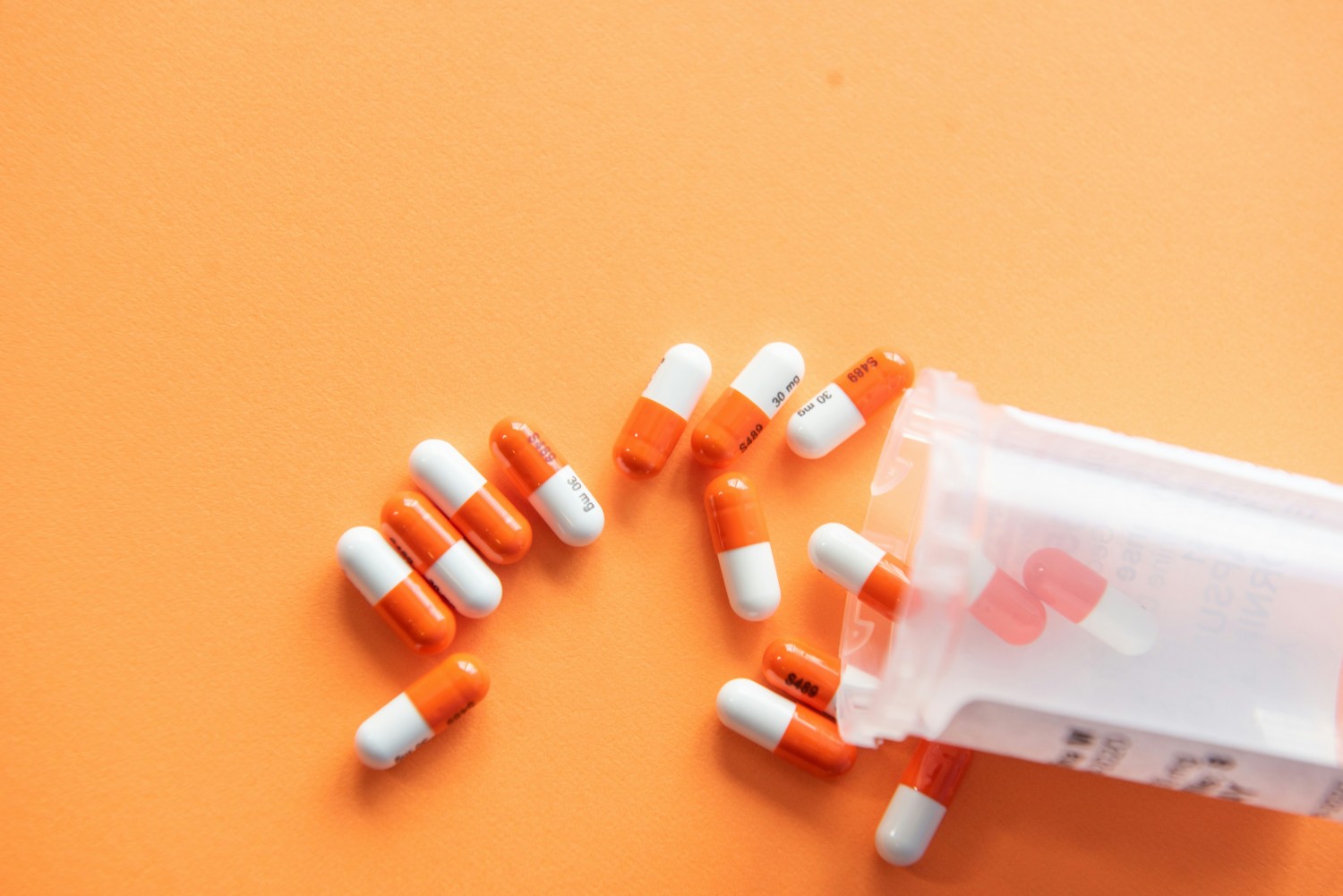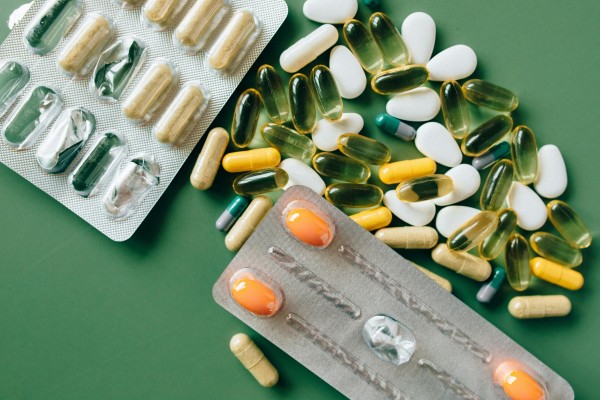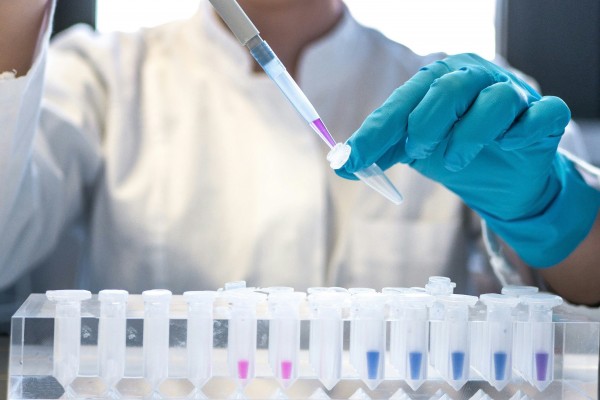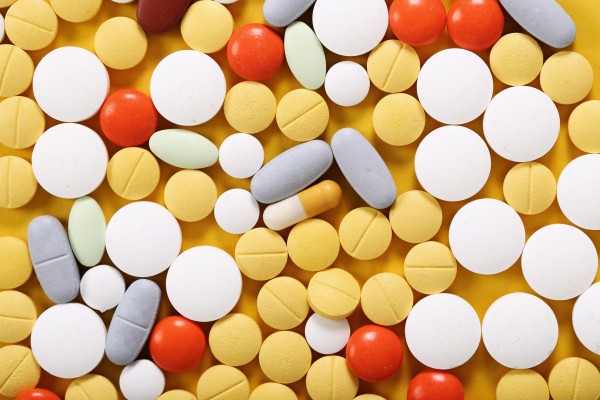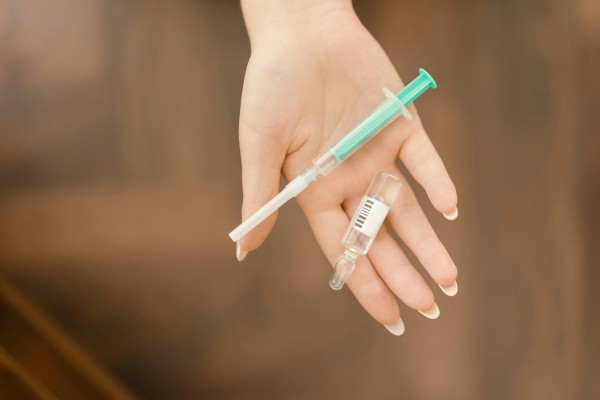One of the most promising pharmaceutical markets now is the market of biosimilars, that is, analogues of original biopharmaceutical medicines. In 2022, the global value of this market was estimated by experts at approximately 460 billion US dollars, with stable growth expected in the near future. At the same time, competition in the markets for biological medicines does not exactly follow the rules of competition for synthetic medicines (due to the peculiarities of the biological structure of such medicines). The Experts discussed the issues of adapting existing regulatory tools to ensure the availability of biosimilar drugs at the meeting of the BRICS Working Group for the Research of Competition Issues in Pharmaceutical Markets, which took place on December 1 at Skolkovo.
In an era of serious economic, geopolitical and social challenges, it is crucial to ensure that patients have access to the most effective medicines. New biologic drugs have shown high efficacy in the treatment of acute and chronic conditions, including neutropenia, cancer, a wide range of autoimmune diseases, etc. However, the cost of biologic drugs is often too high and only a few patients can afford them. Biosimilar drugs contain a version of the active ingredient of an approved biological drug and can cost several times less. The report by Samir Kulkarni, Professor, Institute of chemical technology, Mumbai, India, was devoted to the peculiarities of producing and bringing biosimilars to the market.
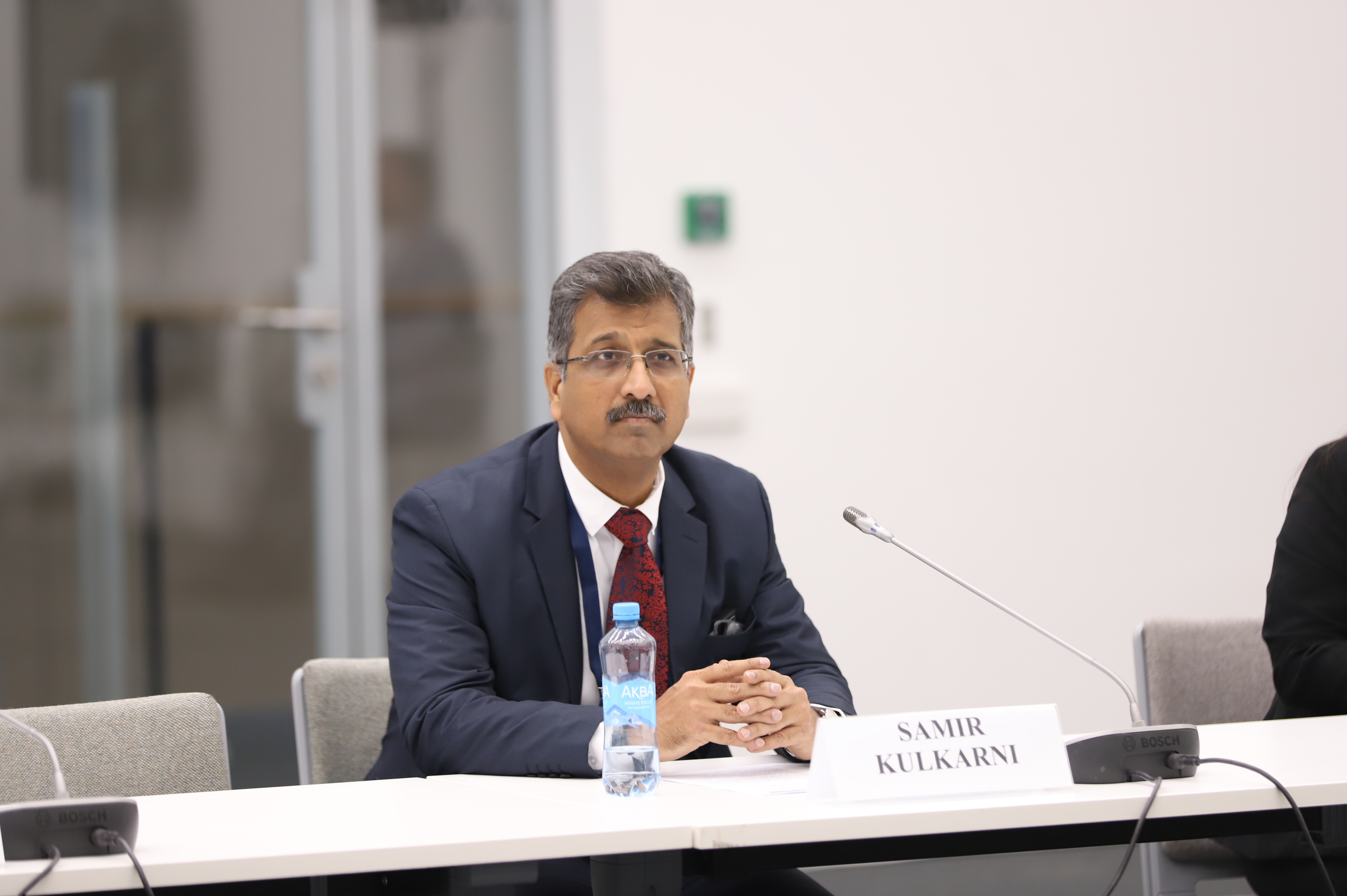
Currently, there are about 90 different biosimilars on the Indian market, and in some cases they have allowed to reduce prices for the most important drugs by up to 80-90%. The country has many specialists in the field of biosimilar drug development, established mechanisms for clinical trials, and an educational infrastructure to develop skills in this industry. Within BRICS, India's experience can be useful for unifying quality control procedures and mechanisms for admitting this category of drugs to the market, the scientist believes.
"Grouping of nations with collective evaluations may reduce the time of access to cost efficient biosimilars of quality standards. Developing nationss will be able to leverage on expertise from other BRICS members. Our collaboration has the real potential to open access to very complex and essential medicines, and India and Russia can be key leaders in this process,"
Prof. Kulkarni noted.
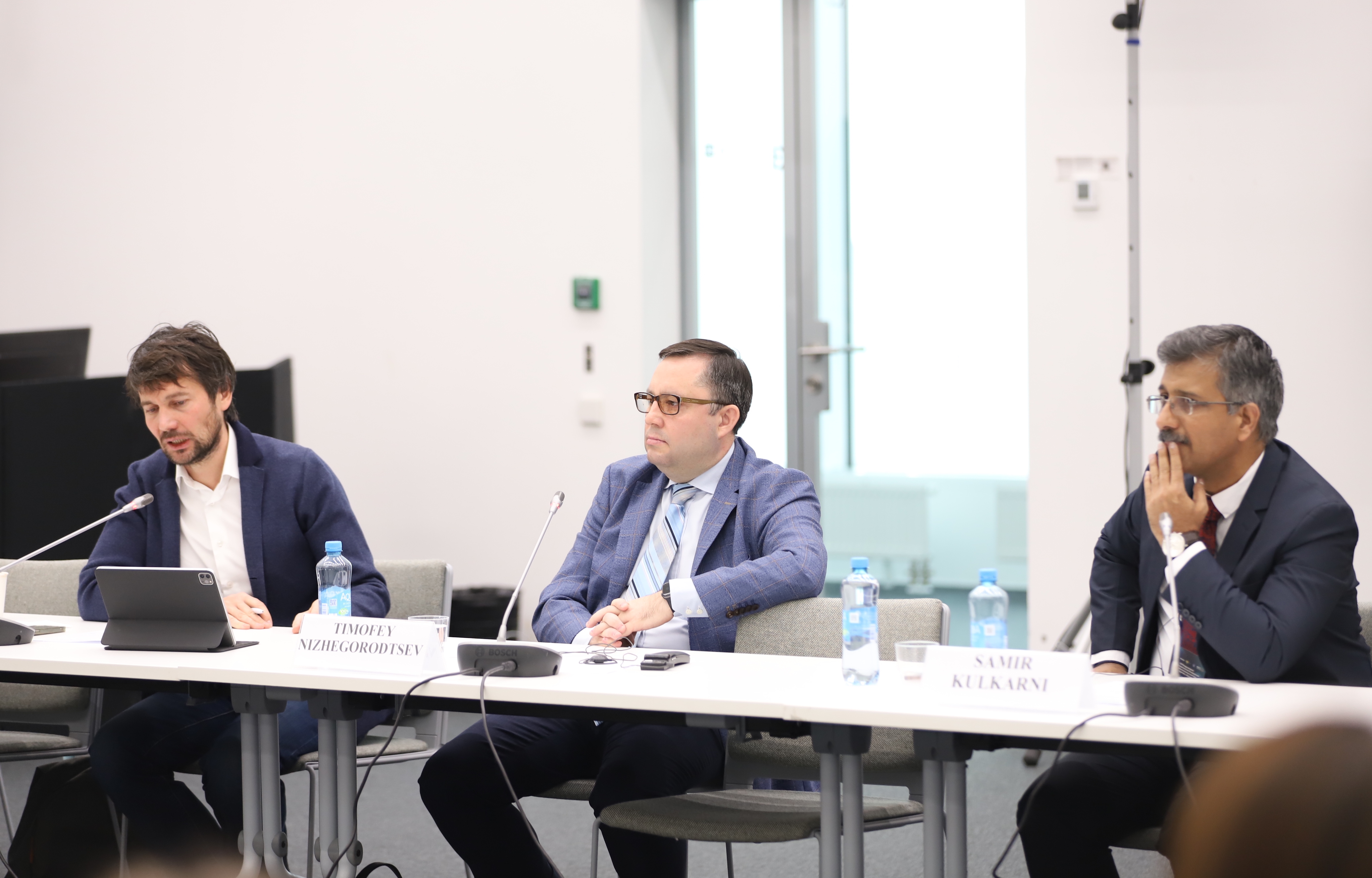
Alexey Ivanov, Director of the International BRICS Competition Law and Policy Centre, addressed the problems of Russian legislation in the pharmaceutical sector in relation to generics and biosimilars. "Immunities" for violations related to the exercise of intellectual rights for violations of intellectual property rights are one of the important obstacles here. Internationally such exceptions do not exist, and abuses of intellectual rights that have a restrictive effect on competition are investigated by antimonopoly authorities. In addition, Russia still does not fully use the compulsory licensing mechanism, and there is also a problem of access to clinical trial data. At the moment it is impossible to apply the model of generics legislation to the sector of biosimilars without serious revision, Ivanov concluded.
"It may be necessary to develop a more effective market access regime for biosimilars. This work can be done together with our partners — for example, with India, where an effective pharmaceutical industry has been built thanks to the government's creative approach to intellectual property,"
Ivanov noted.
Timofey Nizhegorodtsev, Deputy Head of the FAS Russia, suggested that experts from the BRICS Centre conduct a comparative analysis of the rules for bringing biotech drugs to market in the BRICS countries and the United States. The experts' recommendations will be included in a special report to be used in the development of Russian legislation for the market of biosimilars. Alexey Ivanov supported the proposal and said that the draft report will be presented in 2024 at the Biotechnology Forum in India.
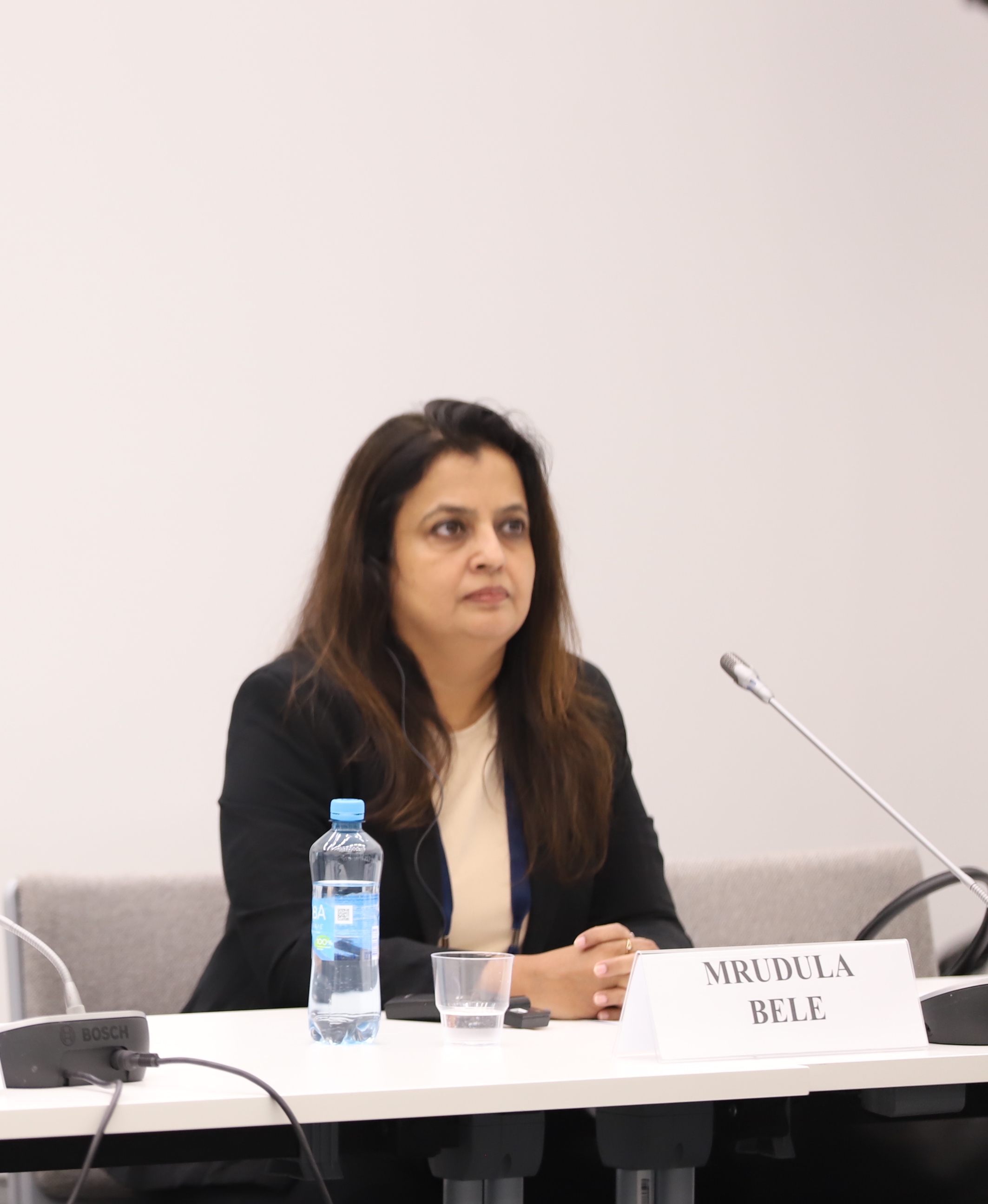
India is indeed characterized by quite progressive legislation in the field of intellectual property and successfully fights against "evergreen" patents of large pharmaceutical companies. This is the practice of renewing patents by making minor changes in the composition or dosage of a drug. Section 3(d) of the Indian Patent Act prohibits the renewal of patents on the basis of discovery of a new form, property and method of use of an already known substance.
"Antitrust authorities need to step in and enforce provisions similar to India's Section 3(d) to stop secondary patenting. This is one of the areas where the BRICS competition authorities can cooperate and implement similar regulation,"
emphasized Mrudula Bele, Associate Professor, MVP Samaj's College Of Pharmacy.
Huang Yuwei, Officer, Antimonopoly Law Enforcement Department of the State Administration of Market Regulation of the People’s Republic of China, spoke about antimonopoly regulation measures in the market of active pharmaceutical substances in China and how interdepartmental cooperation in this area is organized. She also noted that China allows the production, use and import of patented medicine or medical devices to provide information necessary for administrative procedures and government registration.
Russia should take into account the experience of its BRICS partners, who are more actively opposing secondary patenting of vital drugs, said Natalia Malykh, Vice President of Quality and Regulatory Affairs, JSC Pharmasyntez. For example, in India, Brazil and South Africa it is prohibited by law to take into account properties that do not relate to the active substance itself — new dosages, treatment methods, dosing regimes — when checking the patentability of a medicine. India also had a clear prohibition on patenting salts, esters, polymorphic forms, metabolites, isomers, etc., which reduced the number of "evergreen" patents. In addition, the speaker advocated the removal of the patent office from the executive branch of government, as is the case in China, India, Brazil and the United States.
Andrey Ivashchenko, Chairman of the Board of Directors, ChemRar High-Tech Center, Professor of the Russian Academy of Sciences, warned against blindly copying EU legislation in this area. "By copying European legislation, we are copying the colonial provisions included in it, which reduce the benefits for local developers and manufacturers," he said. Taking into account that from 2022 many large pharmaceutical companies have stopped clinical trials of their drugs in Russia, resistance will develop to many of these drugs in 5 years, so it is necessary to start making biosimilars of the next generations of these drugs now, Ivashchenko is convinced.
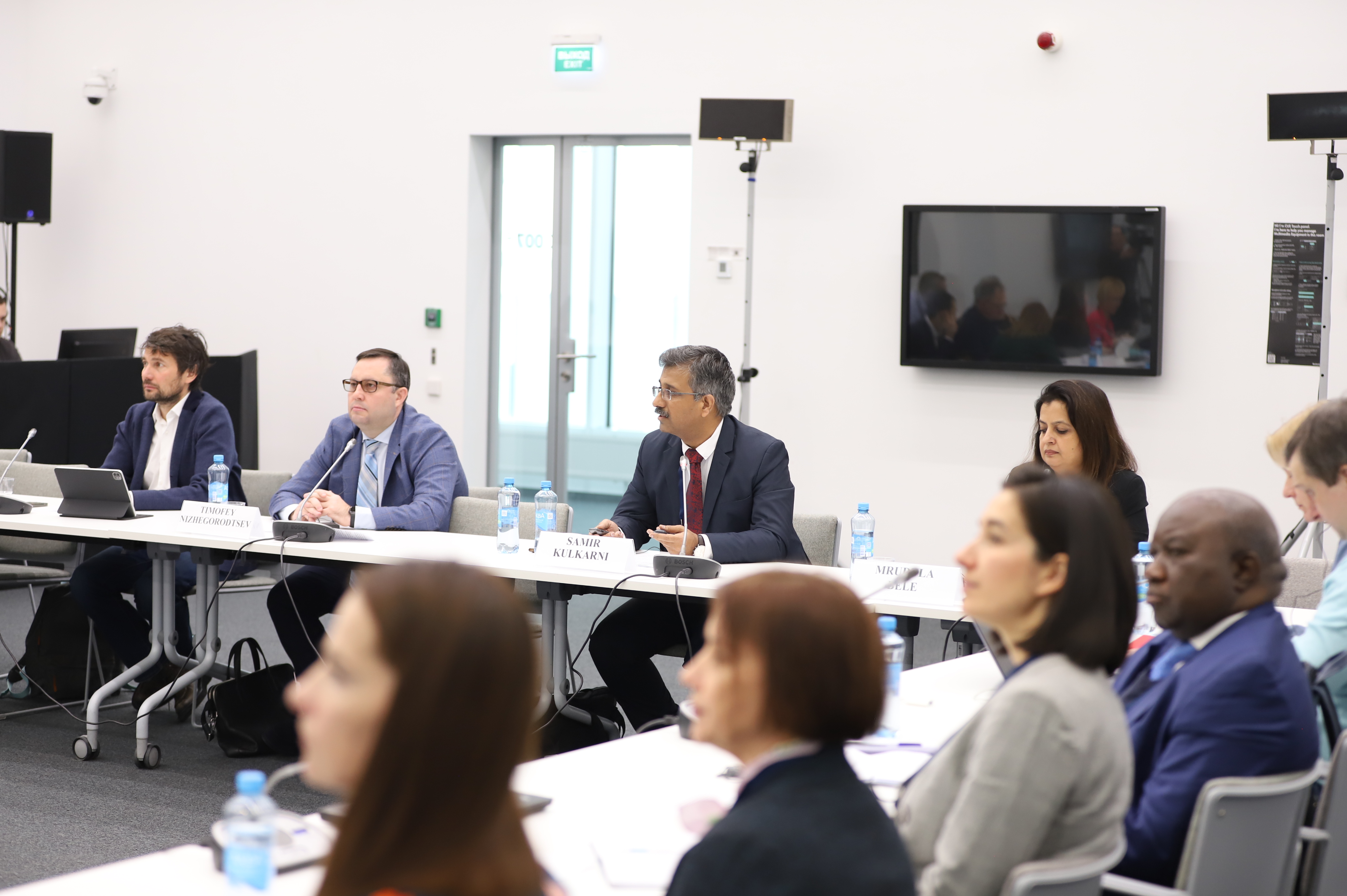
Russian scientists have already developed in this area, confirmed Natalya Podsosonnaya, Deputy CREI Director for development, NeuroCenter Skoltech Coordinator of BRICS STI FP Working group on Biomed and biotech, including human health and neuroscience. She gave an overview of research and development in the field of pharmaceuticals, which are conducted at Skoltech, and also noted the importance of harmonizing the legislation of the BRICS countries on the evaluation and promotion of medicines and medical devices on the markets. This work can be most effectively carried out through cooperation between the BRICS Working Group for the Research of Competition Issues in Pharmaceutical Markets and the BRICS Working Group on Biotechnology and Biomedicine, she emphasized.
A meeting of the BRICS Working Group for the Research of Competition Issues in Pharmaceutical Markets was held as part of the VIII International Conference "Antimonopoly Policy: Science, Practice, Education". The conference was co-organized by the International BRICS Competition Law and Policy Centre, the Federal Antimonopoly Service of Russia and the Skolkovo Foundation. The event was attended by experts, scientists, as well as representatives of foreign competition authorities and international organizations.
Photo Credit: HSE University
